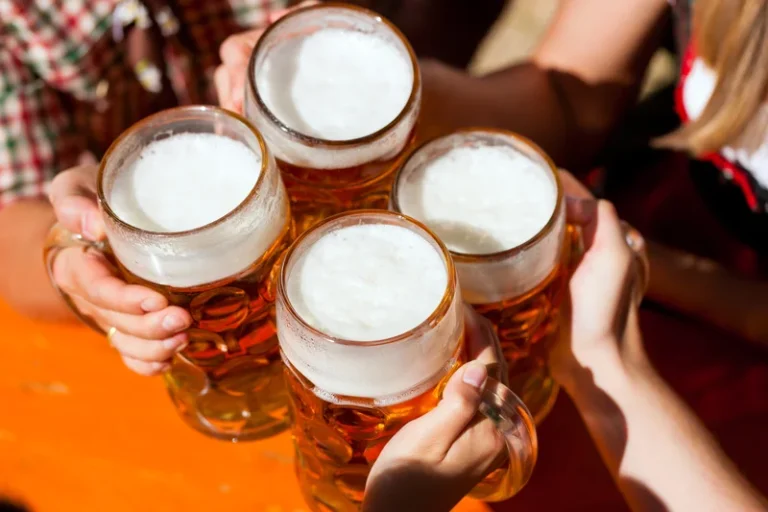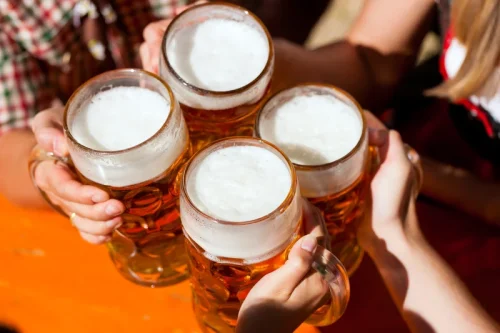
Chronic insomnia is a recurring difficulty in falling or staying asleep, persisting for at least three months. Although sleep disturbances are common during alcohol detox, ongoing problems hint at more severe issues. Symptoms may include frequent awakenings during the night, irritability or depression, daytime fatigue, or problems with attention and memory. If these symptoms persist, professional help becomes necessary. People experiencing insomnia-related impairments in their daily life may benefit from a healthcare provider’s expertise.
Drink Up
Through hypnosis you will stop worrying about your insomnia. You’ll be able to reprogramme yourself back to a time or place where sleep was never an issue. The phrase ‘sleeping like a baby’ will become apt for you.
Treating Co-Occurring Insomnia and Alcohol Addiction

These safe spaces offer emotional backing, shared experiences, coping strategies, and education about insomnia. Communicating with individuals experiencing similar issues can provide a sense of communal sharing, reducing feelings of isolation and promoting positivity. For those with a serious addiction and years of heavy drinking behind them, it’s expected that the insomnia may last longer. Moreover, if the individual has any other underlying health issues, the duration might prolong as their body is already in a compromised state. The rebound effect is a principal actor in the drama of alcohol withdrawal and the resultant insomnia. As we bid goodbye to https://ecosoberhouse.com/ alcohol, our bodies fight to restore equilibrium.
The Benefits of Cognitive Behavioral Therapy in Recovery

A sleep specialist, also known as a sleep doctor or sleep medicine physician, is a healthcare professional who specializes in diagnosing and treating sleep disorders. Consulting a sleep specialist can be beneficial if you are struggling with alcohol dependency for sleep. They will evaluate your sleep patterns, conduct tests if necessary, and provide personalized recommendations based on your specific situation. By exploring alternative methods to promote healthy sleep, individuals can improve their sleep quality and overall well-being in a sustainable way. Secondly, using alcohol as a sleep aid fails to address the underlying causes of sleep disturbances.
- Delta Pattern brain activity slows down, decreasing the effectiveness of memory and learning formation.
- Relying on alcohol to fall asleep is a common but harmful practice.
- However, over the long term, alcohol does not help insomnia.
While it may seem like it helps you doze off faster, alcohol disrupts the sleep cycle, leading to a night of poor-quality rest. If you’re struggling to sleep without alcohol, transitioning to healthier sleep habits can how to sleep without alcohol make a significant difference in your overall well-being. Here are eleven comprehensive strategies to help you achieve restful sleep naturally, without depending on alcohol.
- The ability to fall asleep naturally often improves, and staying asleep throughout the night becomes easier.
- If you find you’re struggling with sleep, and you can’t sleep without alcohol, you may want to consider some additional treatments for insomnia.
- This leads to a restless night, contributing to daytime fatigue, impaired cognitive function, and mood disturbances.
- Asking for help demonstrates strength, self-assurance, and resourcefulness.

Up to 40% of the general population experiences insomnia, while as many as 72% of people with an alcohol use disorder may have the condition. When you have sleep apnea, drinking can make the breathing interruptions last longer when you are asleep, leading to more awakenings. Studies have shown that people who drink and have sleep apnea are at a much higher risk of traffic accidents than people with sleep apnea who do not drink alcohol. The Recovery Village Cherry Hill at Cooper provides a full continuum of care, from medical detox and what is alcoholism inpatient rehab to aftercare. We are here to help you and those you love recover from addiction and begin a healthier, alcohol-free future.

- This will give your body time to metabolize the alcohol and hopefully allow you to fall asleep without it.
- Studies have indicated a relationship between the quantity of alcohol consumed and the severity of insomnia, especially among night workers.
- If this pattern repeats daily, a person is more likely to become dependent upon alcohol to fall asleep.
Insomnia is subjective to the person involved as everybody’s body responds differently to different conditions and stimulants. Click below to consent to the above or make granular choices. For more tips on dealing with insomnia-related issues read our blog LINK. My prompts will help you dig deep and sustain change from the inside out.
Mental Health Treatment
Furthermore, breaking free from alcohol dependency can also improve the skin, as alcohol causes dehydration leading to premature skin aging. In the pursuit of alleviating insomnia post alcohol detox, practical tips go a long way in helping one combat sleeplessness. Drinking alcohol is often seen as something to do to let loose and enjoy oneself in the context of a party, bar, or other social scenario.
No responses yet